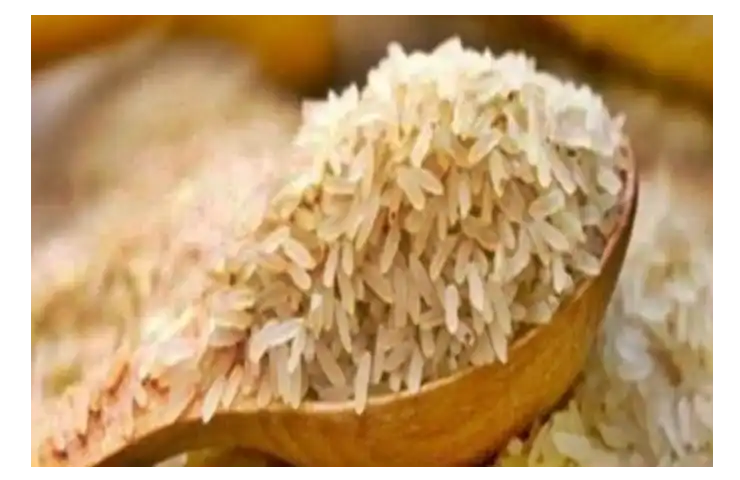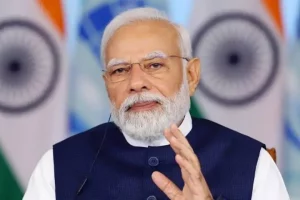The ban on Indian wheat exports is not likely to affect the outbound shipment of rice. India, the largest exporter of rice, supplied rice to more than 150 countries in 2021-22.
“We do not see any problems in exports of rice, we are hoping to maintain global supplies, India is food secured though there has been some issues relating to wheat production. We also expect robust production,” Vinod Kaul executive director, All India Rice Exporters’ Association told India Narrative.
Importantly, agriculture experts said that with expectations of normal monsoons this year, sowing of rice which starts in June will be on course. "After this unsual summer, a lot will depend on the monsoon pattern," an analyst said.
India, the second largest producer of rice after China, exported about 20 million tonne (MT) of rice in 2021-22.
Kaul said the demand for Indian rice, especially the non basmati-broken variety, is likely to increase further. India exports rice at around $370 per tonne which is significantly cheaper than other countries including Thailand and Vietnam.
The Food Corporation of India has adequate rice stocks to be able to cater for the public distribution system.
India’s exports of rice have increased to countries including China, Bangladesh and several in Africa. Besides, 80 per cent of Basmati rice is being shipped to West Asian countries. India has also exported 1.1 mt of rice – primarily broken variety to China.
While India has decided to impose a ban on wheat exports after retail inflation soared to 7.79 per cent – an eight-year-high, sources said that the move is a temporary one. Concerns have also risen over output amid the ongoing heatwave in several parts of the country. “But the ban is expected to be lifted in a few weeks once the situation stabilises and there is enough assurance that we have adequate stocks first to feed our own people,” an insider said.
Notwithstanding the ban, the government said it will honour the letters of credit that have been already issued and requests from countries trying "to meet their food security needs".
Food security is becoming a cause for concern in several parts of the world. The ongoing Russia-Ukraine conflict preceded by the Covid 19 pandemic could severely impact food security in many countries. The issue of food security is likely to be discussed at length at the World Trade Organization’s (WTO) 12th ministerial meeting in June. The war has also fanned global food inflation amid broken supply chains.
Also read: The G-7 must introspect and not scapegoat India over global wheat shortages
Don't blame us for the global food security crisis, Russia tells world




















